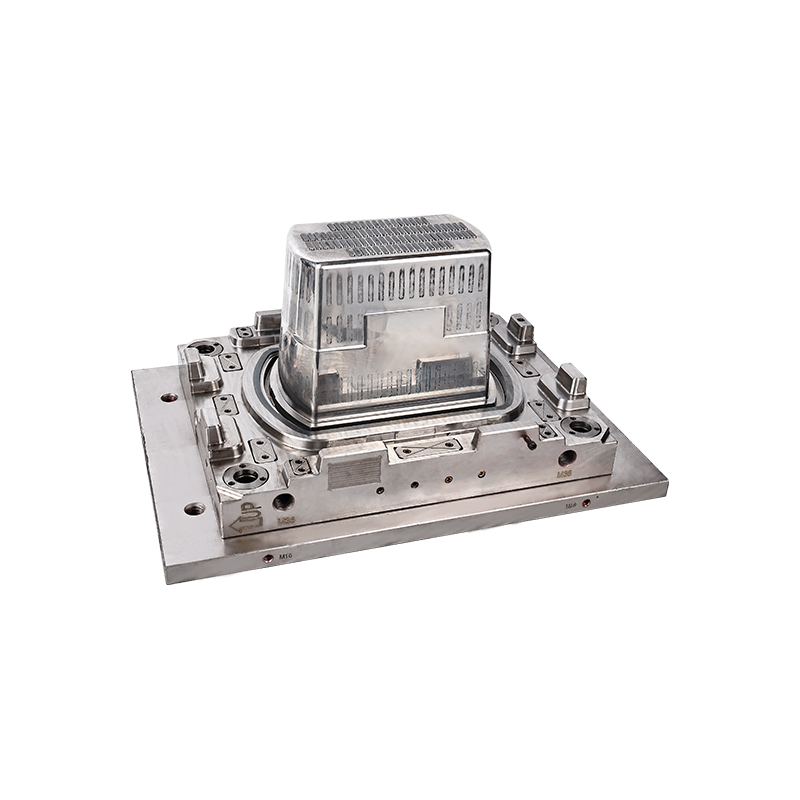
For Today's Market, Fold Crate Mold Development Issues
Foldable crates have gained popularity in various industries due to their space-saving and convenient storage capabilities. However, the development of fold crate molds in today's market presents several important issues that need to be addressed. As a manufacturer, it is essential to understand and tackle these challenges to drive innovation and meet the demands of the market.
Firstly, one of the key development issues is the design and engineering of the fold crate mold. The mold needs to be meticulously designed to ensure proper folding and unfolding mechanisms, precise fit, and structural integrity of the crate. It requires careful consideration of factors such as material selection, mold flow analysis, and mold construction techniques. Researchers must focus on developing molds that can withstand repeated folding and unfolding without compromising the strength and durability of the crate.
Secondly, the manufacturing process of fold crate molds poses its own set of challenges. Injection molding, commonly used for producing plastic crates, requires expertise in mold design, material selection, and injection parameters. However, when it comes to foldable crates, the mold design needs to accommodate the folding mechanisms, adding complexity to the manufacturing process. Researchers must explore innovative manufacturing techniques, such as multi-component molding or over-molding, to achieve the desired folding functionality while maintaining efficient production cycles and minimizing production costs.
Another critical issue in fold crate mold development is the selection of suitable materials. Foldable crates are often made from plastics or composites that offer the required strength, flexibility, and lightweight properties. Researchers need to identify materials that can withstand folding and unfolding stresses while ensuring long-term durability and resistance to environmental factors such as temperature, moisture, and impact. Additionally, the material selection must align with sustainability goals, considering recyclability and eco-friendly attributes.
Furthermore, the market demands customization and versatility in foldable crate designs. Companies require crates that can be tailored to specific applications, industry requirements, and branding needs. This necessitates the development of modular or adjustable mold designs that allow for easy customization without compromising structural integrity. Researchers should explore design strategies that enable quick mold adjustments and efficient production of customized foldable crates to cater to the diverse needs of the market.
Lastly, there is a growing need for standardization and compliance with industry regulations in fold crate mold development. Different industries have specific requirements and standards for foldable crates, such as load capacity, stacking capabilities, and safety features. Researchers should stay abreast of these regulations and work towards developing molds that adhere to industry standards, ensuring that the resulting crates meet the necessary quality and safety guidelines.
The development of fold crate molds in today's market requires addressing various challenges related to design, manufacturing, material selection, customization, and compliance. As a fold crate mold manufacturer, it is crucial to focus on these issues and seek innovative solutions that enhance the functionality, durability, and efficiency of foldable crates. By overcoming these development issues, researchers can contribute to the advancement of the fold crate industry and meet the evolving needs of businesses across different sectors.

 English
English  русский
русский Español
Español






